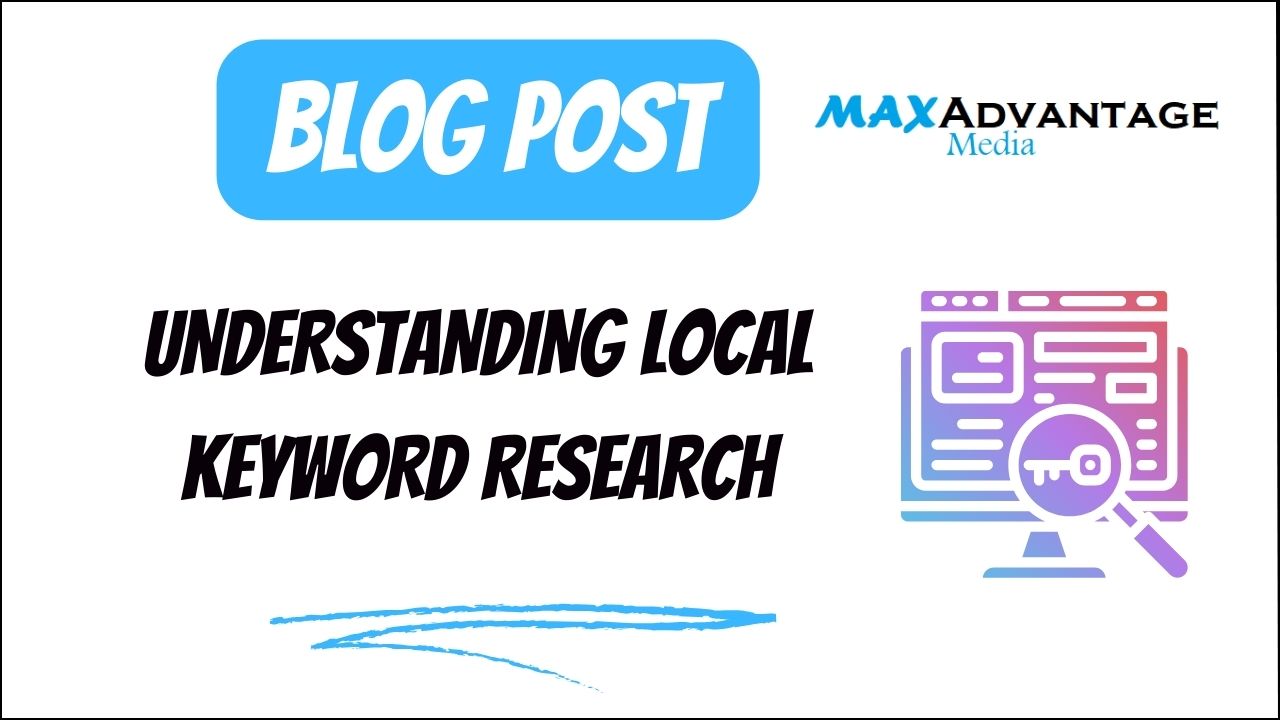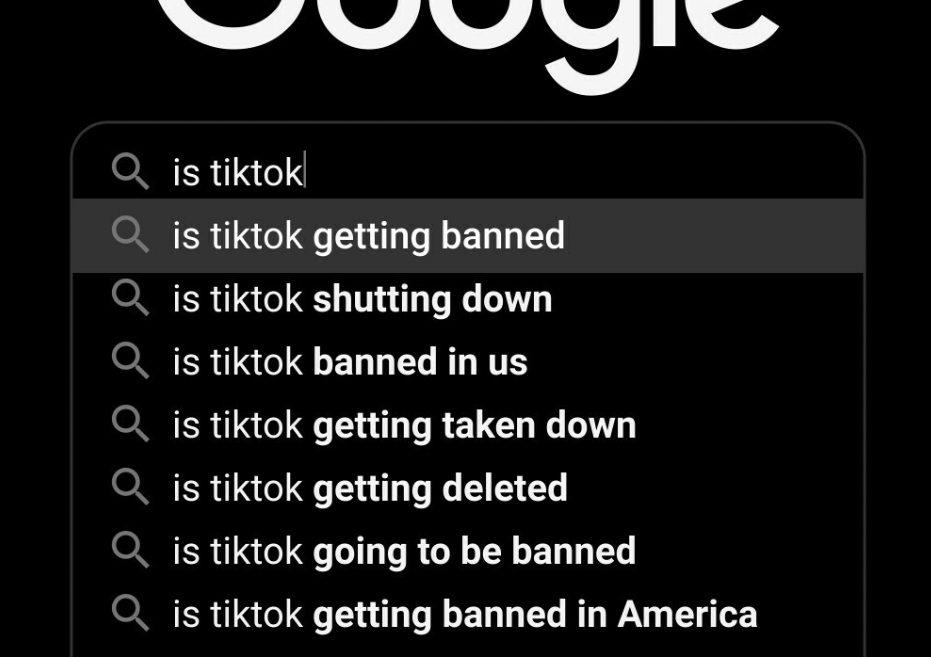 Understanding Local Keyword Research
Understanding Local Keyword Research
Local keyword research is a fundamental aspect of search engine optimization (SEO), specifically tailored for boosting a business’s visibility in its immediate geographical area. Unlike broader SEO practices, local keyword research focuses on identifying terms that potential customers in the vicinity are using to find products and services nearby.
If you run a brick-and-mortar shop or offer services within a particular locale, mastering local keyword research can make a noticeable difference in foot traffic and online inquiries. For small businesses, this targeted approach is crucial because it aligns your online presence with the community around you. It’s not just about being seen, it’s about being seen by the right people, at the right place, and at the right time.
By emphasizing local keywords, your business can tap into a highly relevant audience, ready to act. Whether it’s someone looking for a ‘vegetarian restaurant in downtown Austin’ or a ‘car repair service near Miami Beach’, local searchers tend to carry a stronger buying intent compared to those making generic queries. This local-centric strategy does not only draw more attention, it drives real results.
As we move from understanding the ‘what’ and ‘why’ of local keyword research to the ‘how’, it’s important to keep in mind that the foundation of all effective SEO is knowing how your potential customers think. In the next section, I’ll delve into the significance of local searcher’s intent and how to craft your keyword strategy around it.

Understanding The Local Searcher’s Intent
I think we can agree that recognizing what potential customers are looking for is vital in business. When it comes to local keyword research, understanding the searcher’s intent is not just important, it’s crucial. It’s the cornerstone of creating an effective local SEO strategy that brings the right customers to your door—virtually or literally.
Let’s discuss the ways in which searcher intent plays a pivotal role in local searches.
In local SEO, you’ll encounter three main types of search queries.
The first, ‘informational’ queries, are all about people looking for answers or knowledge—perhaps, ‘What is the best type of grass for my yard in Florida?’
Then there are ‘navigational’ queries where users seek a specific website or location, as in searching for ‘Miami Beach zoo hours.’
Lastly, we have ‘transactional’ queries where the intent is to purchase or engage in services—think ’24-hour plumbers in Austin.’
Comprehending these distinct intentions helps tailor your content to meet the needs of each kind of local searcher.
To get to grips with local search intent, I recommend starting with a mixture of brainstorming and using tools. Consider the types of questions your customers ask you and the services they require.
Then, integrate tools like Google’s ‘People also ask’ feature or answer-focused platforms like Quora to get a sense of common queries. Google Trends can also provide insight into local search behaviors, especially when filtered to your specific region.
Recognizing these patterns of local inquiry not only informs your keyword strategy but also assists in curating content that directly answers the needs of your audience. And as we transition into the next section, keep in mind that identifying your local keyword opportunities is an extension of understanding searcher intent. It’s about aligning what you offer with what people are seeking in your locality.
Identifying Your Local Keyword Opportunities Through Research
With a solid grasp of what locals are searching for, the next step is to pinpoint the actual keywords that will connect them to your business. Even if you operate in a crowded market, there’s always room to stand out.
Start by assessing the competition. If you’re a newcomer to a saturated market, you will need to be strategic. Look at what keywords your competitors are targeting and how well they’re ranking for them. This insight can guide you to untapped niches or reveal overused keywords that may be tougher to compete for in your market.
Tapping into local long-tail keywords can be a GOLDMINE for any business. These phrases are longer, more specific, and often less competitive. A local bakery might not rank immediately for ‘bakery,’ but ‘gluten-free wedding cakes in Charleston’ could see you climbing the search engine results pages (SERPs) much faster.
Take inspiration from the culture around you. What events are unique to your area? Are there local landmarks or colloquial phrases that might be woven into search queries? Integrating these elements can not only boost your SEO but also foster a sense of community and relevance.
Don’t overlook local business directories. They’re not only crucial for business listings but also serve as a brainstorming tool for keyword ideas. Seeing how businesses describe themselves and their services in these directories can spark ideas for your own keyword strategy.
Importance of Long-Tail Local Keywords

Long-tail keywords play a pivotal role, especially when tailored for local contexts. Long-tail keywords are more than just phrases – they are specific, detailed search queries that users type into search engines.
Unlike broad, generic keywords, long-tail keywords offer a nuanced approach to capturing user intent.
For local businesses, understanding the unique demands of their community is paramount. Long-tail local keywords enable businesses to target highly specific queries that potential customers might use when searching for local products or services.
These phrases might include location, specific services, or even niche offerings, allowing businesses to align their content precisely with what local users are seeking.
How Long Tail Keywords Enhance Local Search Visibility
- Targeting Niche Audiences: Long-tail local keywords allow businesses to reach niche audiences interested in specific products or services within a particular location. This targeted approach increases the likelihood of attracting qualified leads genuinely interested in what the business has to offer.
- Improved Search Rankings: Search engines appreciate content that directly addresses user queries. By incorporating long-tail local keywords, businesses enhance the relevance of their content, improving their chances of ranking higher in local search results. This is particularly crucial for small businesses aiming to establish a strong local online presence.
- Conversion Rates and User Engagement: Long-tail local keywords often indicate a higher level of user intent. When users find content that precisely matches their needs, they are more likely to engage and convert. This could mean making a purchase, contacting the business, or visiting a physical store—resulting in tangible business outcomes.
By leveraging the specificity of long-tail local keywords, businesses can transcend generic search strategies and create a more personalized online experience. It’s not just about being found online – it’s about being found by the right audience, in the right location and at the right moment.
This nuanced approach to local SEO can make a significant difference in the competitive landscape, establishing businesses as the go-to choice for their local community.
Implementing Local Keywords Strategically Using Your Research
On-Page Optimization for Local Keywords serves as the foundation for visibility in specific geographic areas. By strategically placing local keywords in crucial elements such as meta tags, headers, and throughout the content, businesses enhance their chances of being prominently featured in local search results.
In addition, crafting location-specific meta descriptions and title tags not only aids search engines in understanding the content’s relevance but also entices users to click through, driving targeted traffic.
Furthermore, optimizing images and multimedia with descriptive alt text and captions that incorporate local keywords adds an extra layer of relevance. This attention to detail ensures that every aspect of a webpage contributes to its local SEO strength.
Creating dedicated location-specific landing pages is another powerful strategy. These pages can highlight local services, promotions, or events, reinforcing the business’s connection to the community and catering to the specific needs of local audiences.
Integrating Local Keywords in Content
The heart of any successful online presence lies in compelling and relevant content. When it comes to local keyword strategy, crafting engaging, informative and locally focused content is paramount. This involves seamlessly integrating local keywords into the narrative, making the content not just search engine-friendly but also genuinely valuable to the local audience.
Consider featuring customer testimonials or local success stories. This not only adds authenticity to the content but also showcases the positive impact the business has had within the community. Encouraging user-generated content, such as reviews and social media interactions using local keywords, not only boosts credibility but also creates a sense of community engagement.
In summary, strategic implementation of local keywords involves a meticulous blend of on-page optimization and content integration. By aligning every element of your online presence with the unique characteristics and interests of your local audience, you not only enhance your visibility in local searches but also build a stronger and more meaningful connection with your community.
This synergy is what sets the stage for long-term success in the competitive landscape of local SEO.
Crafting People-First Local Content
Creating content with a local focus isn’t just about sprinkling your pages with area-specific keywords. It’s much more than that. Successful local content meets the needs of your community and resonates with them on a personal level. We make sure that every piece of content we develop isn’t simply optimized for search engines but is genuinely useful and interesting to my local audience.
The art of content creation for local SEO involves a careful blend of keywords with engaging, high-quality writing. Our approach is to weave local keywords naturally into the text, ensuring readability remains high. Remember, the primary goal is to serve the reader. If they stay longer on your page because the content is excellent, that’s a win for your site’s authority.
Local content should authentically represent the community’s ethos and reflect its unique qualities. This means telling stories about local experiences, celebrating local traditions, or giving insights into local issues. Engage with your community at events or on social media to understand what matters to them and use those insights when writing.
And lastly, (but never least), we encourage an iterative approach. Publish your content, then track how your readers interact with it. Are they staying on the page? Sharing it with friends? Leaving comments? User engagement will be a direct signal of how relevant and useful your content is. Based on this feedback, adjust and refine your approach for even better results next time.
Conclusion
In essence, mastering local keyword research is instrumental in becoming an integral part of the local digital ecosystem. So, as businesses strive to carve their niche in the competitive online realm, embracing the nuances of local keyword research becomes a pivotal step towards sustained success in the local market.
When it comes to understanding local keyword research, it’s evident that harnessing the power of these specialized search terms are essential for businesses aiming to thrive in a specific geographic area. Local SEO is not just about being present online, it’s about strategically positioning yourself to meet the unique needs and preferences of your local audience.
Keyword research is the first step in understanding user search intent and how your local community searches for certain products or services you provide.
Let’s Talk: Contact Tim @ MaxAdvantage Media Of Long Island
Ready to transform your online presence and drive business growth? Contact MaxAdvantage Media today and let’s build a website that takes your Long Island business to new heights!
Maximize your online visibility, elevate your search engine rankings, and become a local authority in your industry with MaxAdvantage Media’s expertly crafted SEO-driven web design. Contact us today to unlock the full potential of your online presence!
Web Page:
https://maxadvantagemedia.com/services/
Phone:
631-729-0435
Email:
Tim@MaxAdvantageMedia.Com
